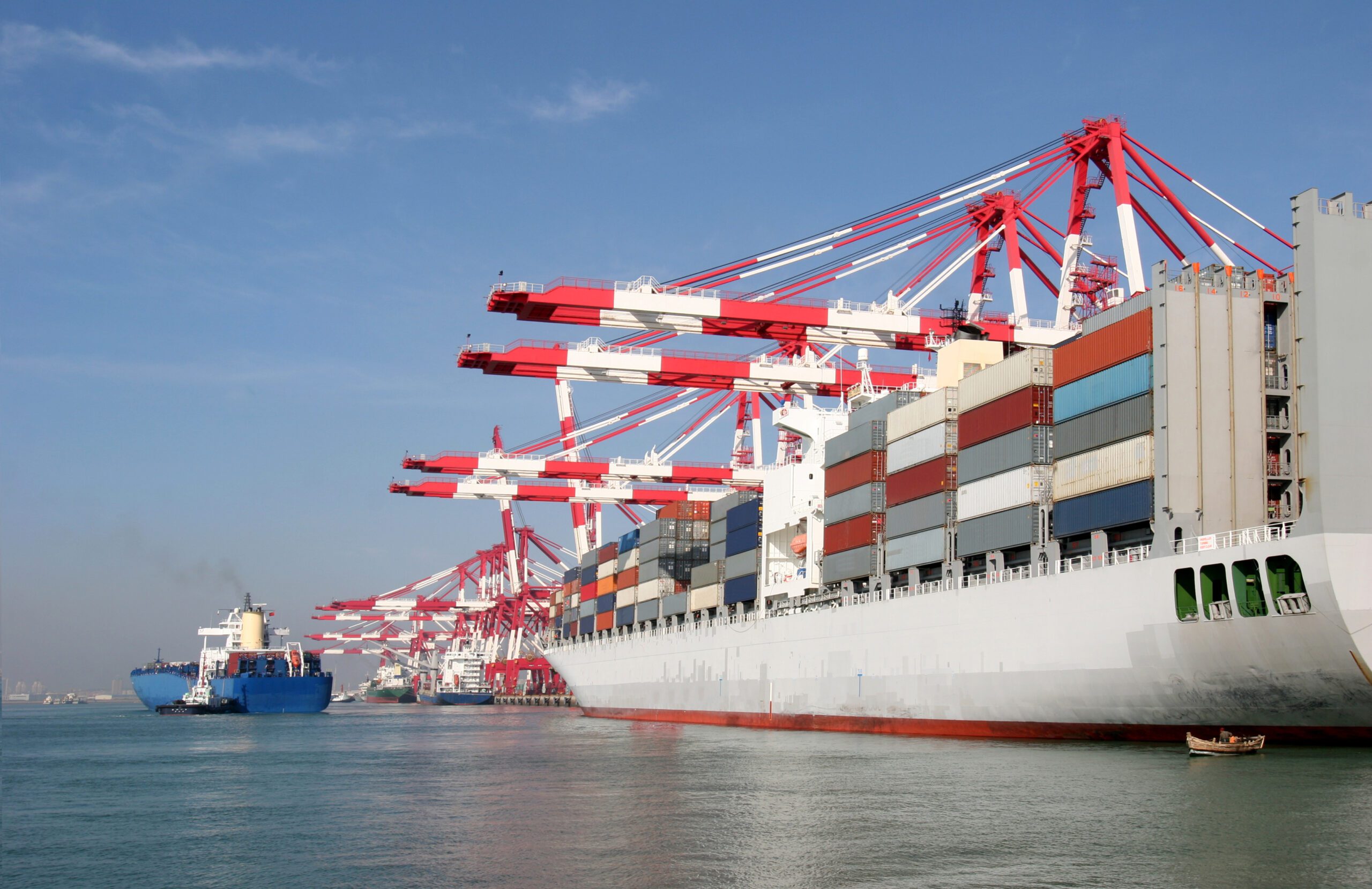The World Bank predicts that global trade growth may weaken by another 0.4 percentage point per year, on average, during the remainder of the current decade compared with 2011-21, owing partly to slower global output growth and partly to the further waning of structural factors that supported rapid trade expansion in recent decades. The global trade growth has slowed, in part due to growing use of restrictive trade measures. The pandemic hit services trade particularly hard.
The projections suggest that global potential growth will slow further, by 0.4 percentage point a year from 2011-21, to an average of 2.2 percent a year in 2022-30, the slowest pace since 2000.
The global economy’s “speed limit” is set to slump to a three-decade low by 2030. An ambitious policy push is needed to boost productivity and the labor supply, ramp up investment and trade, and harness the potential of the services sector, a new World Bank report shows.
The report with the title “Falling Long-Term Growth Prospects: Trends, Expectations, and Policies” documents a worrisome trend: nearly all the economic forces that powered progress and prosperity over the last three decades are fading. As it is mentioned, between 2022 and 2030 average global potential GDP growth is expected to decline by roughly a third from the rate that prevailed in the first decade of this century—to 2.2% a year. For developing economies, the decline will be equally steep: from 6% a year between 2000 and 2010 to 4% a year over the remainder of this decade.
“A lost decade could be in the making for the global economy,” said Indermit Gill, the World Bank’s Chief Economist and Senior Vice President for Development Economics.
In its analysis the Washington-based World Bank, made up of two institutions- the International Bank for Reconstruction and Development and the International Development Association- shows that potential GDP growth can be boosted by as much as 0.7 percentage points, to an annual average rate of 2.9%, if countries adopt sustainable, growth-oriented policies.
“We owe it to future generations to formulate policies that can deliver robust, sustainable, and inclusive growth,” said Ayhan Kose, a lead author of the report and Director of the World Bank’s Prospects Group.



